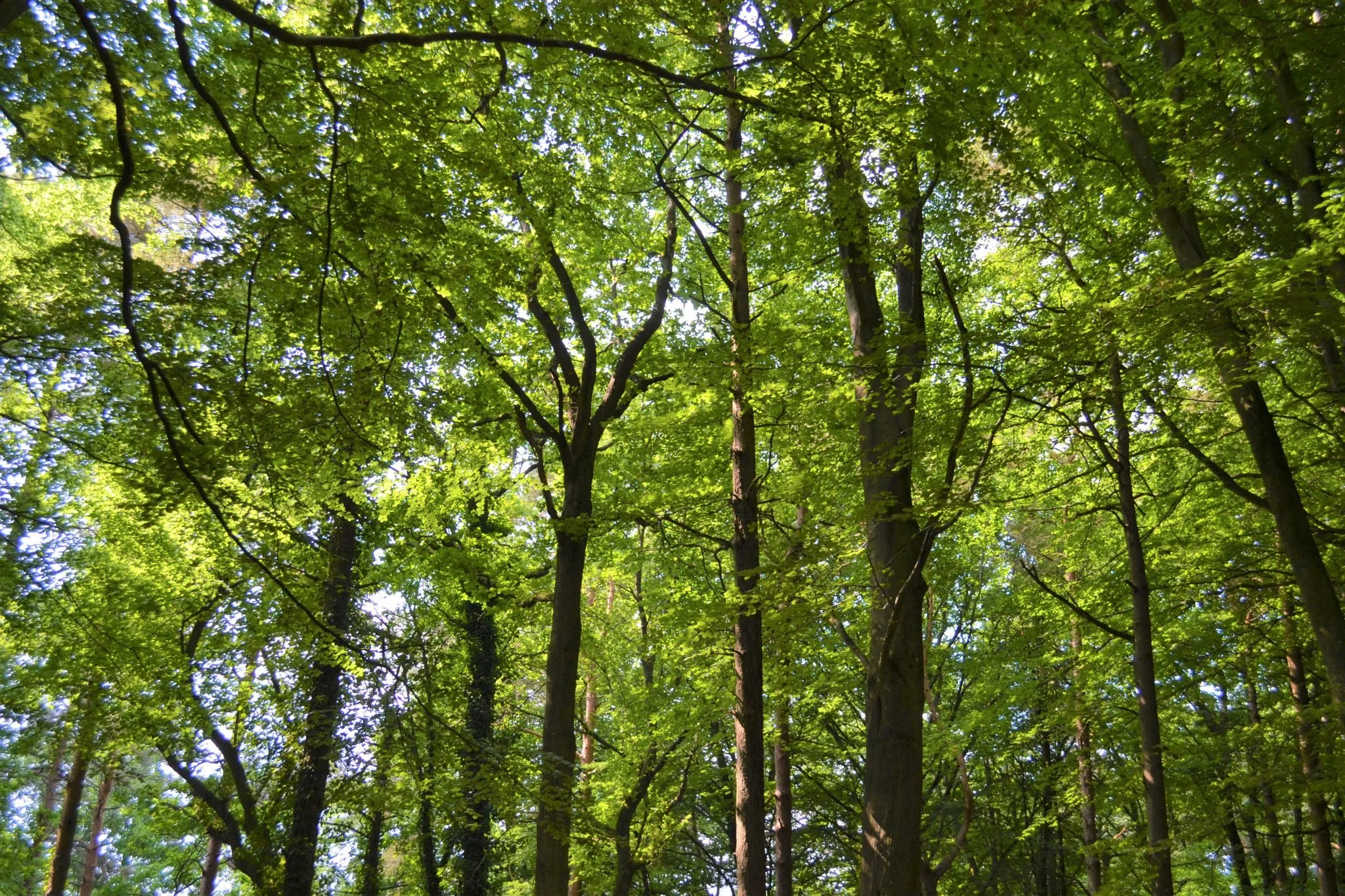Nature Immersion For Climate Distress
The eagle-eyed among you will notice I’ve not published any articles on the environment for a few months. I tell myself it’s because I’ve become busy with work and life in this post-pandemic period. Or that perhaps I’m distracted by more imminent crises. The truth of it though is that I’ve got stuck in my own enquiry about what it means to be an ordinary person fully present to, and in service of, a changing world – a term I call being an eco-citizen.
The climate emergency is here with us already; I say it because it seems to have disappeared from public consciousness in the face of war in Europe and difficult economic times for many. This year already Eastern Australia has suffered two ‘once in a lifetime floods’, causing death and destruction. You didn’t know that? Nor did I until it came up in conversation with an Australian this week. We’ve got so used to these stories that they no longer capture global news attention in any significant way.
I’ve not been able to find my place or my voice in all this. I’d imagined by now I would have found some answers. Perhaps I’m still in denial? Perhaps I’ve given up? Luckily for me I was invited to take part in a two-day workshop in Hazel Hill Wood called Immersion in Nature for Climate Distress, run by Alan Heeks and Marco Frangos. I’ve been to the wood before, I admire the facilitators and the title seemed to suggest the right thing at the right time for me.
And so it proved to be. Eight of us took part in an exploration of the psychology of the climate crisis. The wood itself became our host, the canvas for our work and also our teacher. Guided by the skilled minds of Alan and Marcos, we dug more deeply into our own relationship with the current state of the world and learned tools and techniques that we could use in our professional work.
We were off-grid in the sense of connections to public utilities but fully plugged-in in terms of nature. It’s hard to imagine a more nourishing and supportive environment in which to bear witness and learn experientially. The food was great and the company inspiring. Even the tics decided not to use me as a new home. Our event had structure but it was also emergent. The times of conversation were matched in equal measure by experiences of embodied practice and periods of quiet reflection.
I came with a question about how to be an eco-citizen. I left with a realisation that not knowing the answer to the question is the answer. This was my breakthrough. A sudden full-bodied, tree-inspired realisation that my ignorance and helplessness, together with a feeling of being stuck, was exactly what I was meant to be feeling. Something shifted, in a way that was both powerful and gentle, challenging and nurturing. The wood had delivered for me.
What happens next is anyone’s guess. I am writing this now in celebration of my ignorance and nature’s wisdom. The trees have shown me a path forward. But they’ve also told me there will obstacles and that I need to be prepared to pivot and stay agile. I also learnt that my work matters; that I have a role to play in this unfolding crisis.

